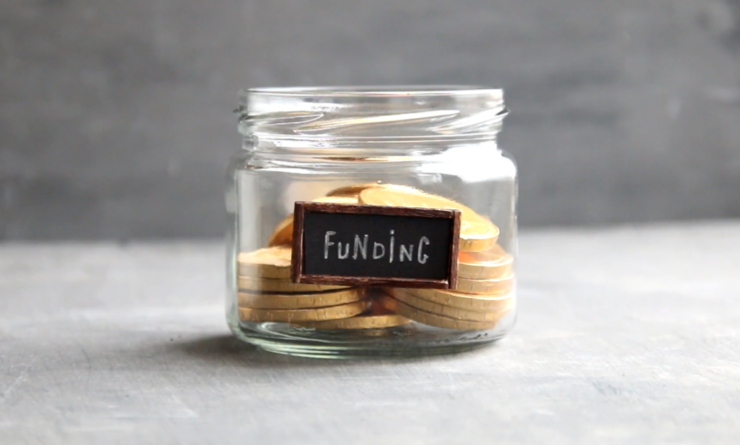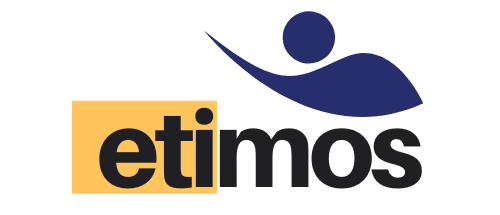Investing your money in a lucrative business and picking up the fruits from it over time is certainly something that everyone desires. Nowadays, there are plenty of opportunities for intelligent money investments, so today, we will talk about the best investment for beginners you could go for.
Many young investors might not know where is the best place to start or where to put their money first. When beginners think about this subject, they often consider cryptocurrency or stock market investments, which are pretty good ideas but require the necessary know-how to do so. Regardless of what you want to start with, you need to have some savings and know how much is needed to engage the whole process. In this article, we will share some interesting ideas and pieces of advice about investing your cash. There is a lot to cover, so let’s start.
1. Emergency Fund

Many people across the globe fail to set aside money in case of an emergency, leaving them fragile to financial risks. If this is the case with you, you might want to consider starting one as soon as possible. With this fund, if anything unexpected happens, such as losing the job or having to buy car repairs, you will be able to cover the costs until everything gets back on track.
In addition, having an emergency fund will assist you if you need to quit a toxic job, fly at the last minute somewhere, or in case you have some unexpected medical issue. This applies to both your private and business finance. If you run a business, it is wise to invest in the development but not overreach and spend your emergency funds. If your company is still in its early stages, you will definitely want to bring in experts but that comes at a price. One of the solutions would be to hire a contract CIO who would advise you on your future steps.
Numerous financial experts advise that everyone should have an emergency fund before investing money in the market or anything else that will require you to pay a more significant sum. This way, anything unexpected that might happen will not obstruct your daily budget.
Last but not least, emergency funds provide the peace of mind everyone wants. Life is so much easier when sudden repairs or bills do not cause you financial or any other type of stress, and these funds go a long way in easing your everyday tension.
2. Checking Account

Whenever you find yourself with some cash on hand, the wisest choice is to keep it in a checking account. Putting your money in a bank account is an excellent way to establish a history with the bank.
The great piece of news is that most checking accounts do not provide competitive interest rates, and many banks and unions offer some benefits such as a debit card, access to loans, and financial education that everyone should have.
3. High-Yield Savings Account
These accounts are similar to checking accounts, but they do offer a slightly higher interest rate. This means that you will be able to save even more than your regular bank account, meaning that you should compare the rates offered by different banks before opting to open a new one.
Sadly, just because the bank offers you a specific interest rate when you sign up for an account, it does not mean that you get a guaranteed interest rate for the long term. Interest rates change, so it is essential to consider factors such as ease of money transfer in and out of your account when picking the bank.
Generally speaking, high-yield savings accounts are a fantastic place to keep short-term savings for an emergency fund since they keep your money in a separate place and typically offer excellent interest rates.
4. Target-Date Mutual Funds

Target-date mutual funds are widely used and incredibly popular, especially when it comes to employer retirement plans. These are retirement investments that automatically invest with your estimated retirement year in mind, which is very practical and convenient.
A target-date mutual fund often holds a combination of stocks and bonds. For example, if you plan to retire in 30 years, you could choose a target-date fund with the year of your retirement in the name. This fund will initially hold mostly stocks since your retirement date is far in the future, and stock returns are usually higher over the long term.
5. Index Funds
Index funds are something that can be described as mutual funds on autopilot. This means that rather than employing a professional manager to build and maintain the fund’s portfolio of investments, index funds track a market index.
Due to the fact that index funds take a passive approach to investing by tracking a market index rather than using a professional portfolio of investments, they also tend to carry lower expense ratios, which is a fee charged based on the amount you have invested. However, like mutual funds, investors in index funds are buying a piece of the market in one transaction.
7. Health Savings Account

This is a special saving and investment account with a triple tax benefit. First, it allows you to add money to the account pre-tax, and it also grows tax-free. Then, you can spend your funds tax-free on qualifying expenses. It is a very wise investment and one that meets these criteria:
1. You need to have a high deductible health care plan and no other health coverage.
2. You must not be enrolled in Medicare.
3. You must not be someone else’s dependent.
This is a very good investment for retirement planning since your health care costs could rise as you get older. Saving and investing now and letting those funds grow tax-free will help you considerably when your retirement time comes.
8. Brokerage Account
This is a bank account that you use to purchase and sell investments such as stocks, bonds, mutual funds, exchange-traded funds, and many more. Opening this account is very simple nowadays since online brokers offer stock trading apps and platforms.
There are also traditional brokerage companies where you work with an individual broker who places trades on your behalf, after which he charges you commissions and fees every time they handle a transaction for you, so it is crucial to pick the one with low trading costs.
As an investor, it is essential to understand what you are investing in and to understand the fees associated with your investments. This way, you will ensure that you are on the right track to making some money in the future.
The Important Rules to Remember About Investing

1. The greater return you want, the more you will have to risk.
2. Do not invest everything in one place. Try to diversify as much as you can to lower your risk exposure. This means that you should invest in different companies, industries, and jobs.
3. If you plan to save over a short period, it is smart to avoid taking too much risk. It is a general recommendation to invest for at least five years. If you are unable to do so, it would be the wisest decision to steer clear of investing and put your money away in a savings account.
4. Make sure to review your portfolio. You might not be willing to take as many risks as you did before, and if you do not review your portfolio on a regular basis, you might end up with a share account that loses money.
5. Last but not least is not to panic. Investments can go down as well as up, so do not be tempted to sell or buy your shares just because everyone else is. Stay patient, educate yourself, and wait for results.
Final Words
Generally speaking, the younger you are when you start investing, the better. After all, the more money you manage to invest early in your life, the more time there is for interest to work its magic.
However, it is crucial to do your research properly and educate yourself about the risks and benefits of investments. Do not be hasty, and if needed, consult with professionals, as they will be able to share their experience with you and provide you with accurate information about the whole gig.

